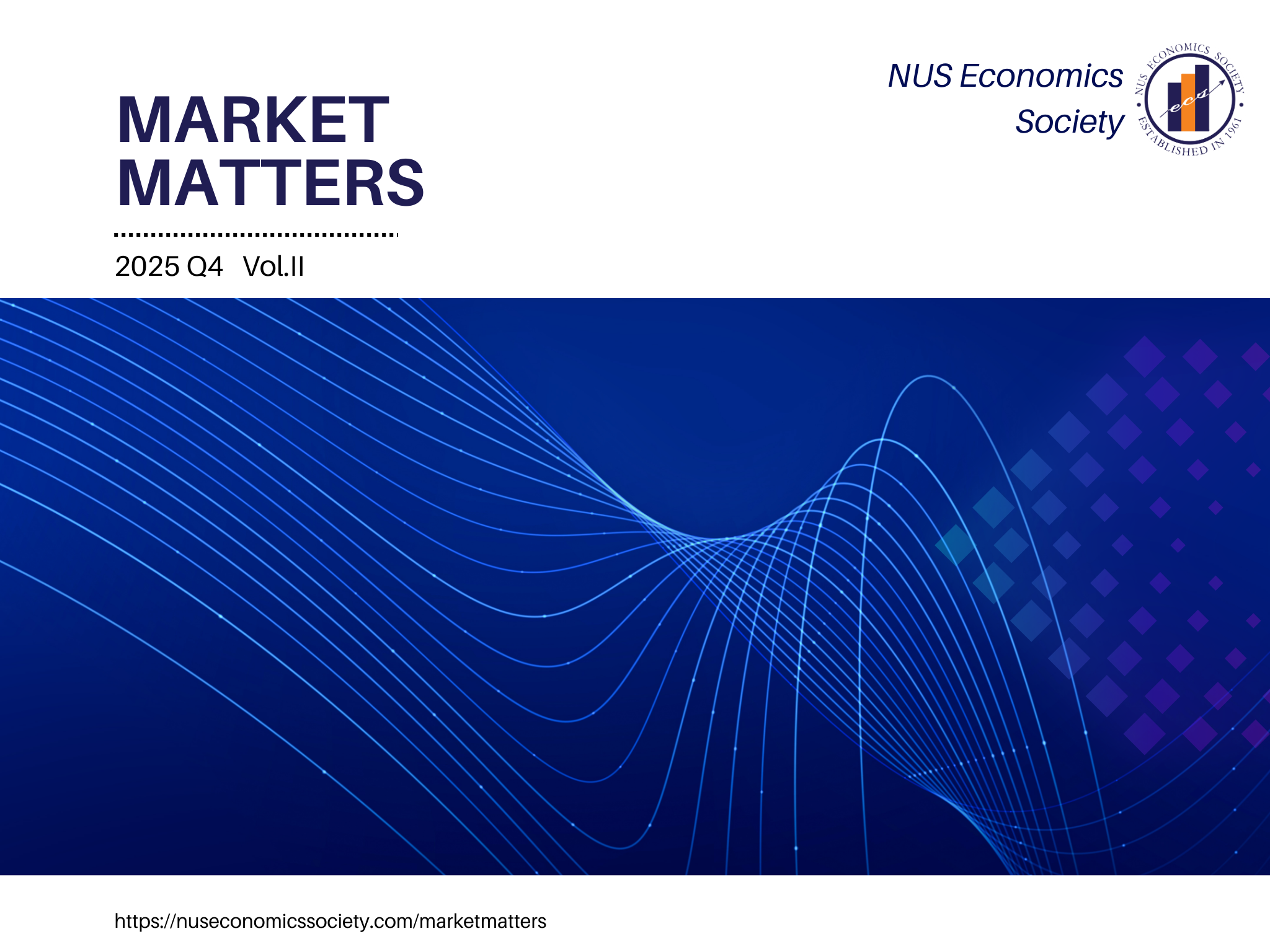In Q3 2024, the Malaysian ringgit (MYR) experienced significant appreciation, driven by a weaker US dollar, supportive domestic policies, and substantial foreign capital inflows. While this surge strengthens Malaysia's economy, concerns remain regarding the long-term sustainability of the MYR's value, particularly with potential challenges to export competitiveness and external economic factors.
Read MoreNigeria’s bold economic reforms, including the 2023 forex unification and removal of petrol subsidies, mark a decisive shift from decades of currency mismanagement and oil dependence. While these policies aim to eliminate arbitrage and fiscal deficits, they have also triggered soaring inflation and economic hardship. To sustain progress for Africa's reform wave, lets see what Nigeria should do.
Read MoreWhile mega-sporting events bring short-term boosts in tourism, jobs, and global visibility, their long-term economic and social costs often outweigh these benefits. Countries face financial burdens, underused infrastructure, and social displacements. Nations must critically assess whether the temporary prestige justifies the lasting consequences
Read MoreChina’s economy faces a property crisis and low consumer confidence, but recent stimulus measures offer hope. Focusing on technology and domestic consumption is key to stable growth.
Read MoreAustralia had recently introduced caps on the number of international students to address the overwhelming influex of immigrants. This however has profound impacts on the local economy.
Read MoreThis article delves into the behavioural economics driving the success of the blind box economy, with a focus on how uncertainty influences consumer behaviour. It examines the role of psychological biases, such as prospect theory and the endowment effect, in spurring spending on such products.
Read More















